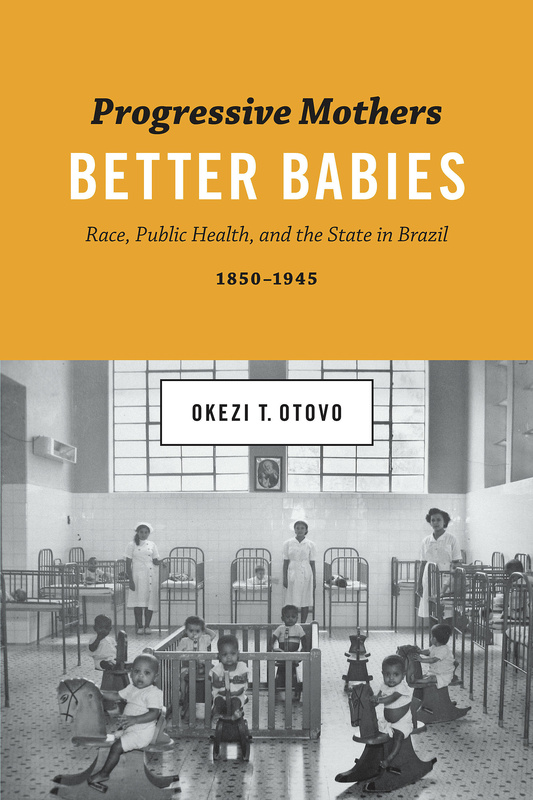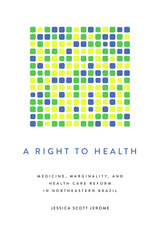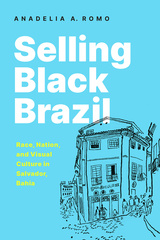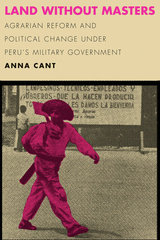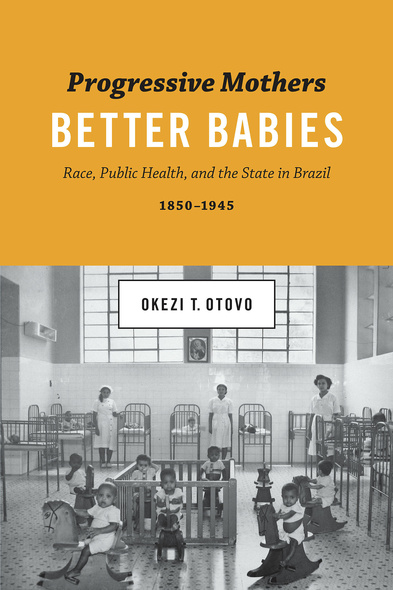
Progressive Mothers, Better Babies
Race, Public Health, and the State in Brazil, 1850-1945
In Bahia, Brazil, the decades following emancipation saw the rise of reformers who sought to reshape the citizenry by educating Bahian women in methods for raising “better babies.” The idealized Brazilian would be better equipped to contribute to the labor and organizational needs of a modern nation. Backed by many physicians, politicians, and intellectuals, the resulting welfare programs for mothers and children mirrored complex debates about Brazilian nationality. Examining the local and national contours of this movement, Progressive Mothers, Better Babies investigates families, medical institutions, state-building, and social stratification to trace the resulting policies, which gathered momentum in the aftermath of abolition (1888) and the declaration of the First Republic (1889), culminating during the administration of President Getúlio Vargas (1930–1945).
Exploring the cultural discourses on race, gender, and poverty that permeated medical knowledge and the public health system for almost a century, Okezi T. Otovo draws on extensive archival research to reconstruct the implications for Bahia, where family patronage politics governed poor women’s labor as the mothers who were the focus of medical interventions were often the nannies and nursemaids of society’s wealthier families. The book reveals key transition points as the state of Bahia transformed from being a place where poor families could expect few social services to becoming the home of numerous programs targeting the poorest mothers and their children. Negotiating crucial questions of identity, this history sheds new light on larger debates about Brazil’s past and future.
Otovo stands apart in the ambitious scope of her volume, anchored by a brilliant theoretical framing of shifts across time…an impressive and beautifully written study; I look forward to reading Otovo's work for years to come.
For those seeking to put a human experience and face to the often top-down institutional histories of public health, this book will be essential reading.
An insightful study of the intersections of public health, politics, race, and gender in Brazil from 1850 to 1945.
In addition to its substantial historical contributions, Progressive Mothers, Better Babies reminds us that the national level is but one possible level of analysis in scholarly research. This journal's readers…will find much to like in a book that uncovers the consequence and novelty of a specific region in the history of maternalism, and that opens up the possibility of making comparisons between different Afro-American health worlds.
Otovo provides a meticulous historical account of the development of maternal and child care in Bahia…The rigorous and detailed historical research, personalised cases and engaging writing style make this book an excellent resource for scholars of history, maternity and infancy in Brazil.
The narrative [of Progressive Mothers, Better Babies] deals comfortably with ambiguity, avoiding the precise cuts that most of the time might exist in theoretical frameworks of analysis, but are scarce in real social and individual life. I see in Otovo's book another significant achievement: Progressive Mothers, Better Babies is not merely a history of discourses about maternalism but a history that delves into the tensions between medical discourses, clinical practices, and women's experiences.
Progressive Mothers, Better Babies spans a century of institutionalizing maternal welfare in the northeastern region of Bahia, from the waning years of the independent empire (and not coincidentally, the institution of slavery) in 1850 through the transitional period of the First Republic (1889–1930), and culminates in the modern welfare state established during the presidency of Getúlio Vargas (1930–1945)...By putting the politics of Black women's reproductive labor at the center of the history, Otovo argues that a longer tradition of Bahian maternalist welfare institutions designed to reform the (predominantly Black) poor mothers' early childcare practices actually preceded and informed similar institutions of the modern nation-state that Vargas would celebrate as cornerstones of his populist platform.
An exciting study about the evolution of pregnancy, motherhood, and infancy in Bahia, Brazil, in the century spanning the abolition of slavery. This book will be fundamental to the field of maternity and childhood studies in Latin America.
An important book, providing access to neglected archival documentation that brings new light to the lives of poor black and brown women in modern Brazil.
Abbreviations
Note on Orthography and Currency
Introduction
Chapter 1. Persistence and Change: The "Mulata Velha"
Chapter 2. Domestic Health Care: The Mãe Preta
Chapter 3. Motherhood as Science: The Curiosa
Chapter 4. Foundling Care and Family Welfare: The Mãe Desnaturada
Chapter 5. Bahia’s Estado Novo: The Pai dos Pobres
Conclusion
A Suggestive Epilogue
Notes
Bibliography
Index

